Google’s second generation of its AI mathematics system combines a language model with a symbolic engine to solve complex geometry problems better than International Mathematical Olympiad (IMO) gold medalists.
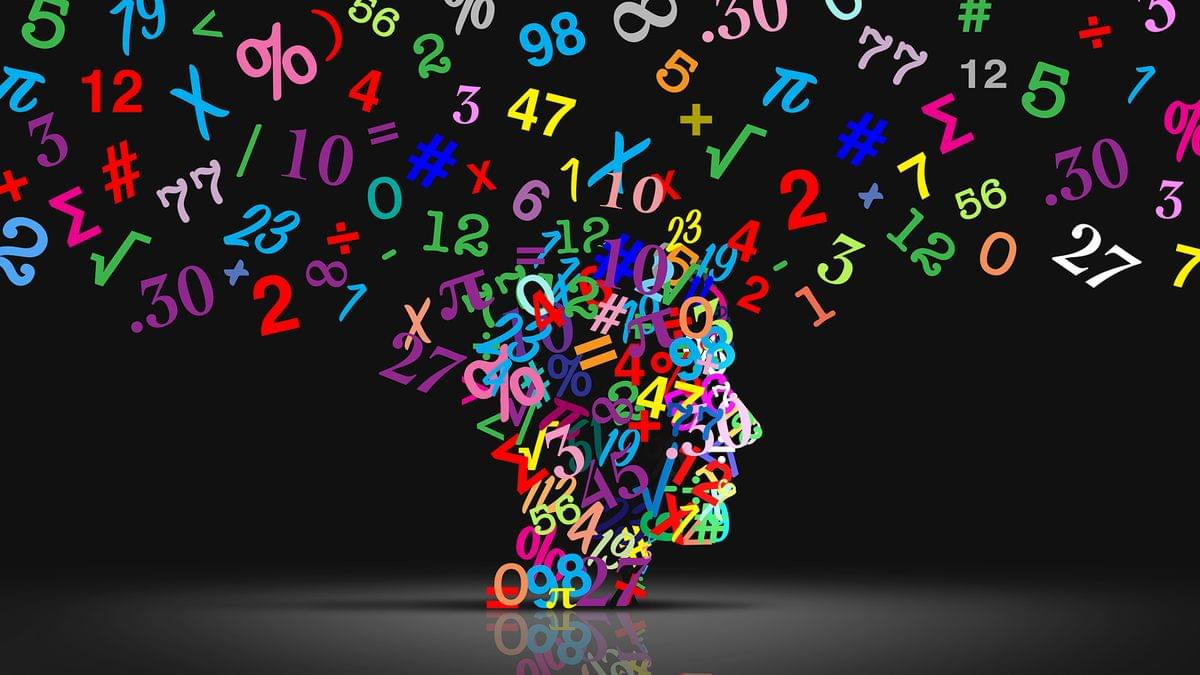

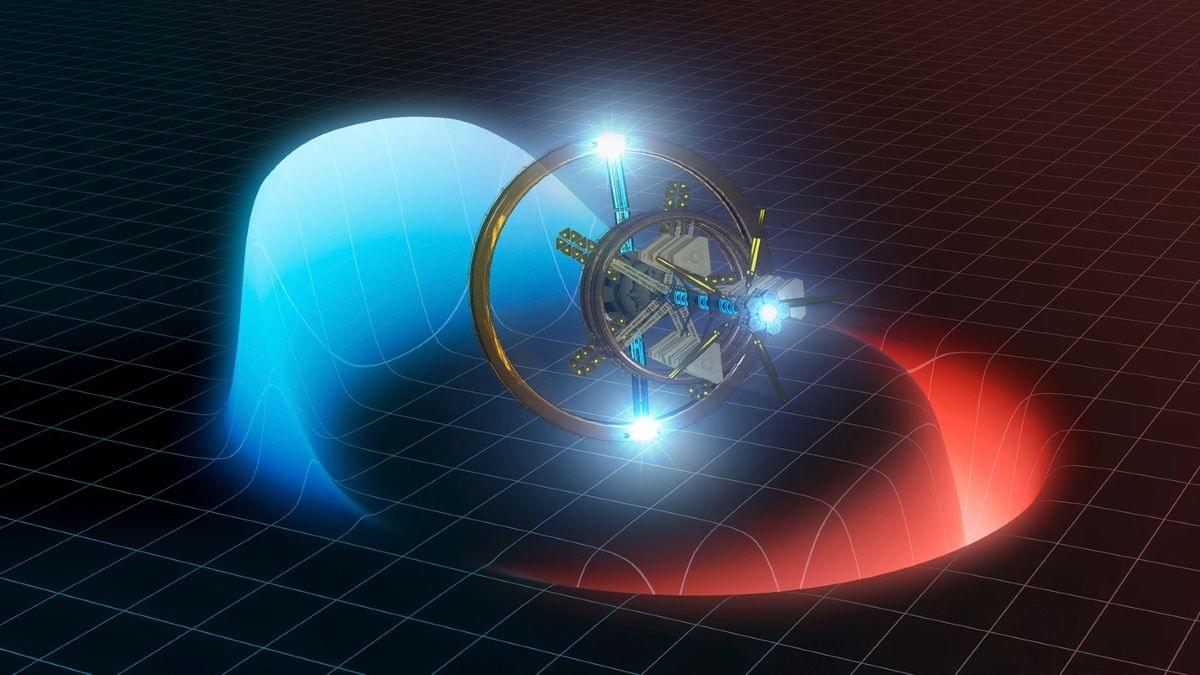
But other calculations say that applies only in limited cases and that if you ramp up the warp engine slowly enough, you’ll be fine.
Yet more calculations sidestep all of this and just look at how much negative energy you actually need to construct your warp drive. And the answer is, for a single macroscopic bubble — say, 30 feet (100 meters) across — you would need 10 times more negative energy than all of the positive energy contained in the entire universe, which isn’t very promising.
However, still other calculations show that this immense amount applies only to the traditional warp bubble as defined by Alcubierre. It might be possible to reshape the bubble so there’s a tiny “neck” in the front that’s doing the work of compressing space and then it balloons out to an envelope to contain the warp bubble. This minimizes any quantum weirdness so that you need only about a star’s worth of negative energy to shape the drive.
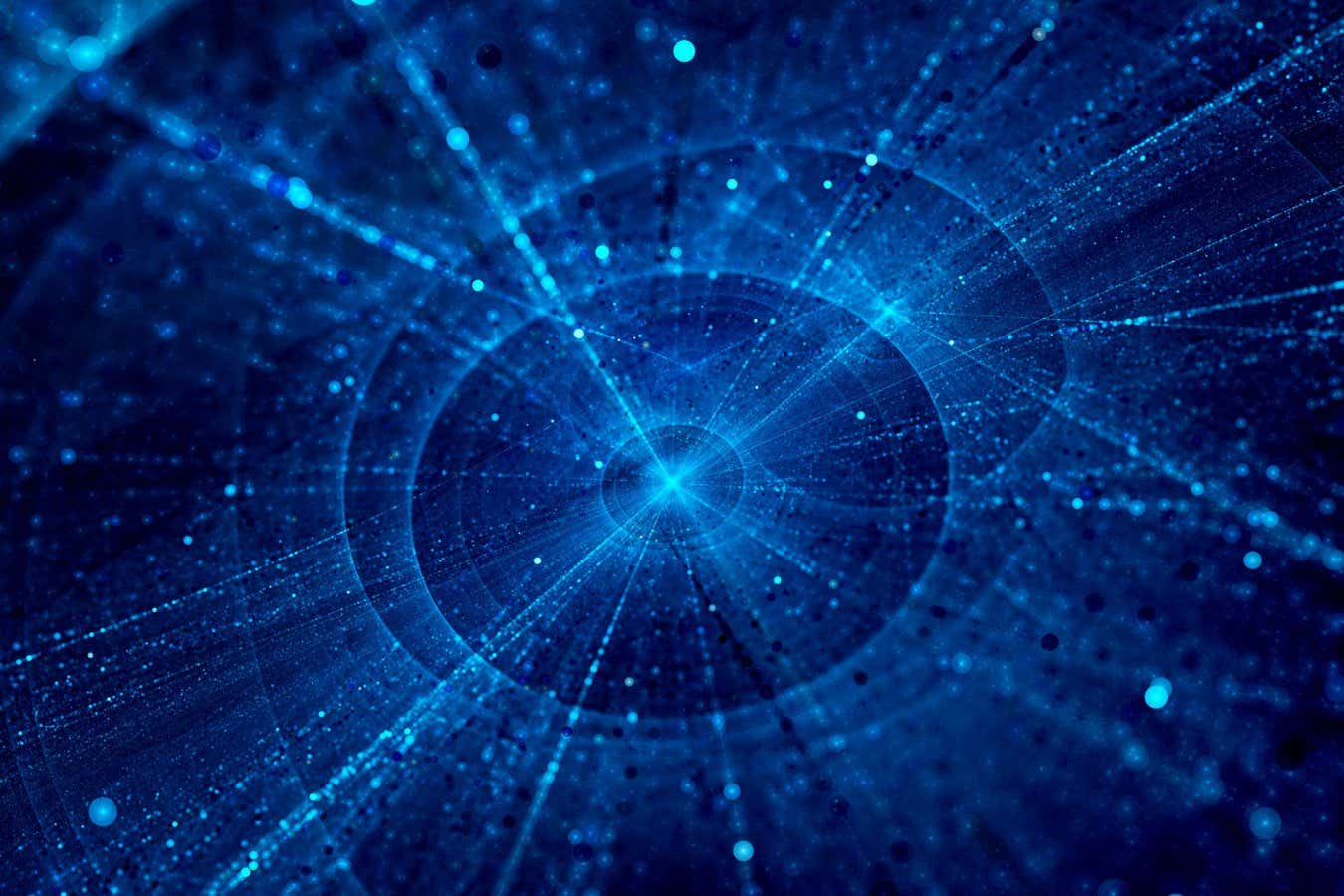
Physicists use mathematical assumptions in many situations that forbid time from moving backwards – but that isn’t necessarily a reflection of quantum reality.
“Retrocausality” by Antonella Vannini and Ulisse Di Corpo Book Link: https://amzn.to/3X6UGhx.
“Time Loops: Precognition, Retrocausation, and the Unconscious” by Eric Wargo Book Link: https://amzn.to/4bdmWVV
“Psychology and Retrocausality: How the Future Determines Love, Memory, Evolution, Learning, Depression, Death, and What It Means to Be Human” by Mark Hatala Book Link: https://amzn.to/4k7kdBj.
The exploration of retrocausality challenges classical views of time and causality, suggesting that effects can precede their causes, influencing our understanding of quantum mechanics, consciousness, and free will. Retro causality offers potential resolutions to issues like non-locality in quantum physics by allowing communication between particles to travel backward in time, which could eliminate the need for higher dimensional configuration spaces and reconcile quantum theory with special relativity. Experimental investigations into retro-causality involve analyzing subtle effects, such as heart rate variations, and require careful methodologies to distinguish genuine retrocausal phenomena from experimental artifacts, while theoretical frameworks explore how retrocausality might address paradoxes and be compatible with concepts like time symmetry.
Thinkers in physics and philosophy are increasingly considering retrocausality as a potential framework to address foundational issues, including the measurement problem and the reconciliation of quantum mechanics with general relativity, potentially impacting our comprehension of time, causality, and the nature of reality itself. Discussions around retrocausality extend into areas like decision theory, existential risk, and the nature of consciousness, with some researchers exploring goal-oriented approaches and the potential for retrocausality to enhance artificial intelligence and our understanding of human cognition. Some notable scientists involved:
• Roger Penrose is noted for his views aligning with retrocausal concepts and his work on the science of consciousness with Stuart Hameroff.
• Yakir Aharonov is cited regarding time in quantum mechanics and weak value amplification.
• Ruth Kastner is mentioned in the context of retrocausality and the transactional interpretation of quantum mechanics.
• Hu Price’s work is at the center of the study of existential risk.
• Ken Wharton is a professor of physics and astronomy working on time-symmetric and causally neutral models of physics.
• Matthew Leifer is mentioned regarding block universe ontological models and frameworks for theories with retrocausality.
• Daniel Rohrlich is mentioned for his work on fundamental aspects of quantum mechanics and his views on retrocausality.
• Richard Feynman is mentioned in the context of interaction with the absorber as the mechanism of radiation.
• Simon Shnoll is mentioned for his work showing that the assumption of normal distribution is only mathematical, and that in life sciences and also in physics it is false.
• David Lucas is mentioned in the context of trapped-ion processing modules.
#Retrocausality #QuantumPhysics #TimeTravel #Physics #Science #Philosophy #Cosmology #Reality #Consciousness #MindBodyProblem #QuantumMechanics #Time Symmetry #Causality #Determinism #Parapsychology #time #physics #cosmology #Timelessness #PhilosophyofTime #Spacetime #GeneralRelativity #TimeCapsules #SuperstringTheory #aideepdive #InfiniteUniverse #podcast #synopsis #books #bookreview #science #quantumphysics #aiart #artificialintelligence #booktube #aigenerated #reality #videoessay #documentary

Most of us take it for granted that there are three dimensions, perhaps four if we count time. But for over 200 years, mathematicians and scientists have proposed further dimensions. In some standard versions of contemporary physics eleven dimensions are now proposed. But might the notion of additional dimensions be an empty idea that derails physics? Richard Feynman argued that proponents of extra dimensions.

It has puzzled scientists for years whether and how bacteria, that live from dissolved organic matter in marine waters, can carry out N2 fixation. It was assumed that the high levels of oxygen combined with the low amount of dissolved organic matter in the marine water column would prevent the anaerobic and energy consuming N2 fixation.
Already in the 1980s it was suggested that aggregates, so-called “marine snow particles,” could possibly be suitable sites for N2 fixation, and this was recently confirmed. Still, it has been an open question why the bacteria carrying out this N2 fixation can be found worldwide in the ocean. Moreover, the global magnitude and the distribution of the activity have been unknown… until now.
In a new study, researchers from the Leibniz Centre for Tropical Marine Research in Germany, Technical University of Denmark, and the University of Copenhagen demonstrate, by use of mechanistic mathematical models, that bacteria attached to marine snow particles can fix N2 over a wide range of temperatures in the global oceans, from the tropics to the poles, and from the surface to the abyss.
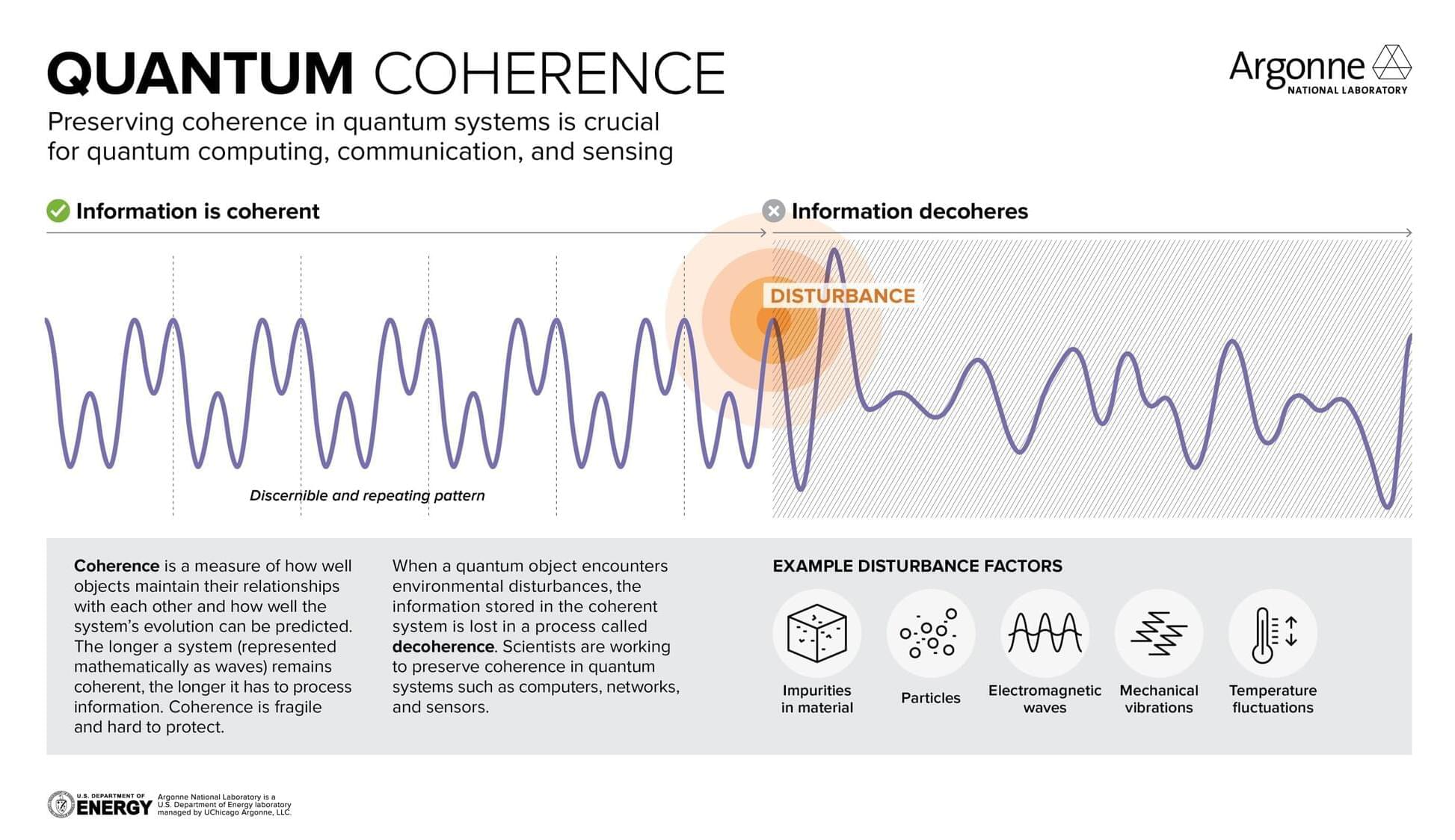
We say a message is incoherent when we can’t make it out, or when it doesn’t make sense. A scribbled note, a drunken argument or a conversation taking place five tables down in a crowded cafe might all be incoherent. In general, “coherent” means the opposite—consistent, connected, clear.
In science, the word coherence takes on more specific, mathematical definitions, but they all get at a similar concept: Something is coherent if it can be understood, if it forms a unified whole and if those first two qualities persist.
Scientists originally developed the concept of coherence to understand and describe the wave-like behavior of light. Since then, the concept has been generalized to other systems involving waves, such as acoustic, electronic and quantum mechanical systems.
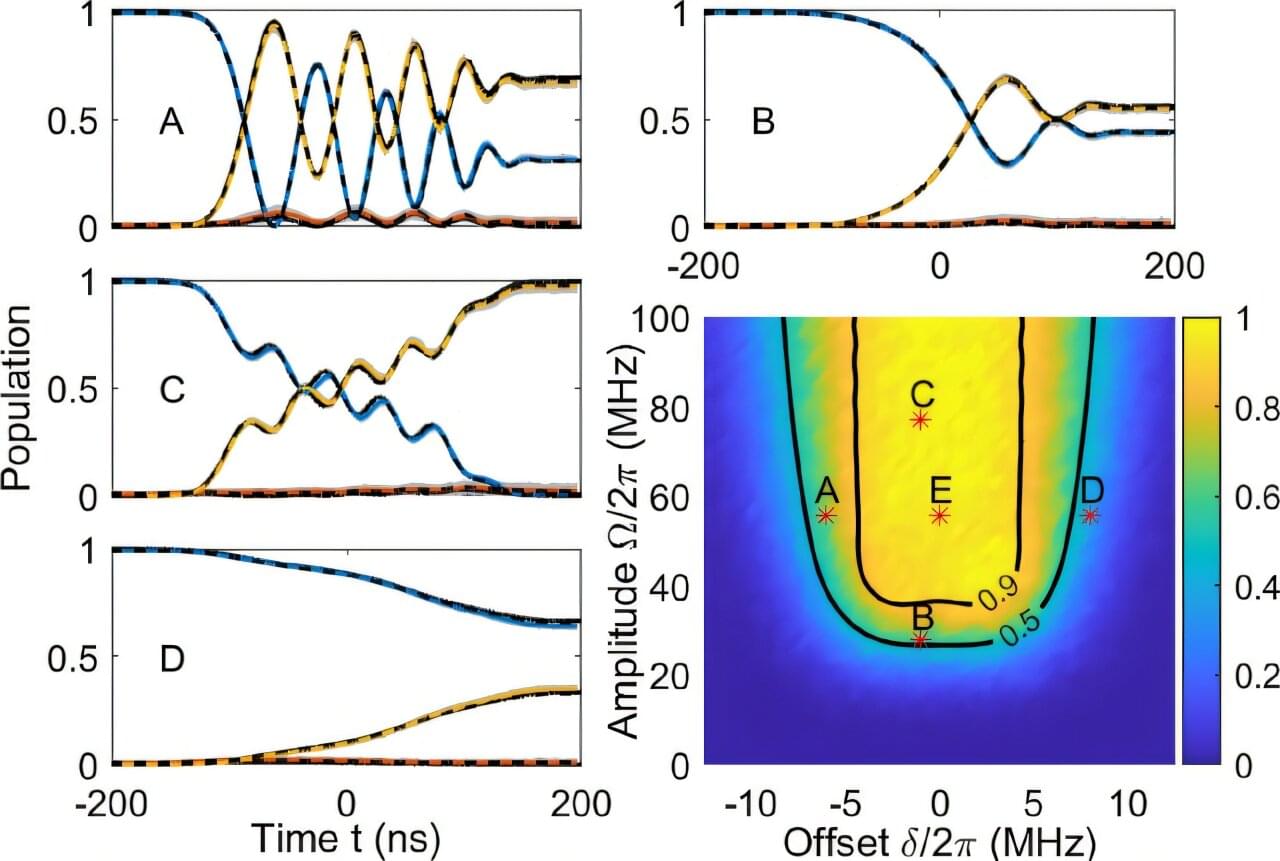
Physicists have found a simple and effective way to skip over an energy level in a three-state system, potentially leading to increased quantum computational power with fewer qubits.
Nearly a century ago, Lev Landau, Clarence Zener, Ernst Stückelberg, and Ettore Majorana found a mathematical formula for the probability of jumps between two states in a system whose energy is time-dependent. Their formula has since had countless applications in various systems across physics and chemistry.
Now physicists at Aalto University’s Department of Applied Physics have shown that the jump between different states can be realized in systems with more than two energy levels via a virtual transition to an intermediate state and by a linear chirp of the drive frequency. This process can be applied to systems where it is not possible to modify the energy of the levels.
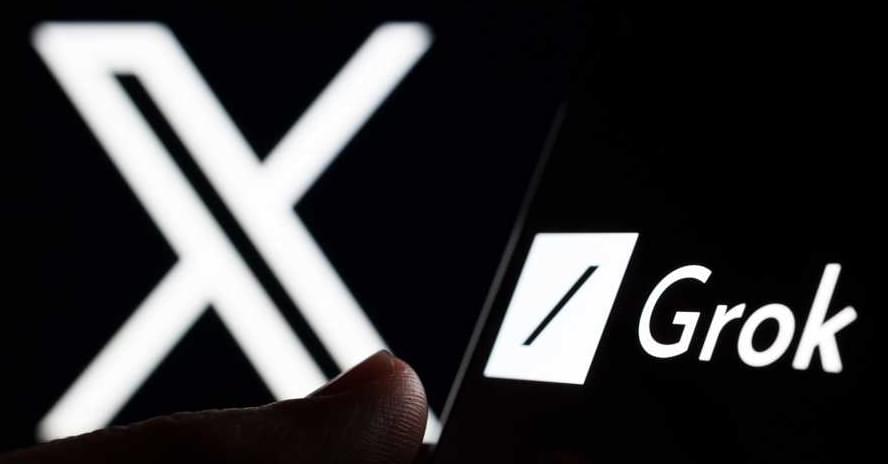
Elon Musk’s AI startup xAI has introduced Grok 3, the latest version of its chatbot model, which Musk describes as the most advanced AI system yet.
XAI claims Grok 3 outperforms rival AI models from Alphabet’s Google Gemini, DeepSeek’s V3, Anthropic’s Claude, and OpenAI’s GPT-4o in benchmarks for math, science, and coding.
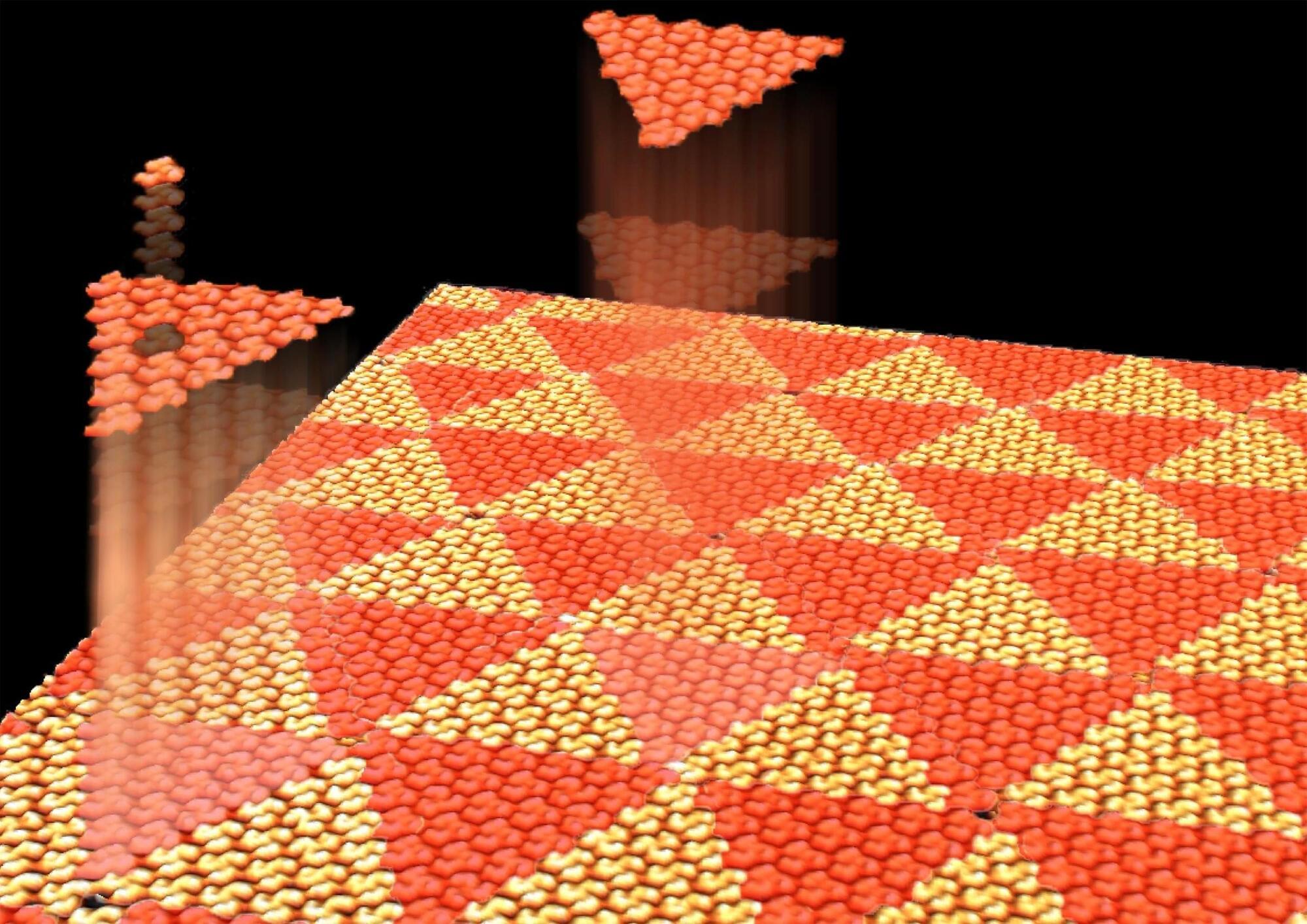
A strange molecular pattern, first mistaken for an error, led researchers to an unexpected discovery: molecules forming non-repeating structures similar to the einstein tiling problem.
This phenomenon, driven by chirality and energy balance, could pave the way for novel insights into molecular physics.
At the crossroads of mathematics and tiling lies the einstein problem—a puzzle that, despite its name, has nothing to do with Albert Einstein. The question is simple yet profound: Can a single shape tile an infinite surface without ever creating a repeating pattern? In 2022, English amateur mathematician David Smith discovered such a shape, known as a “proto-tile.”